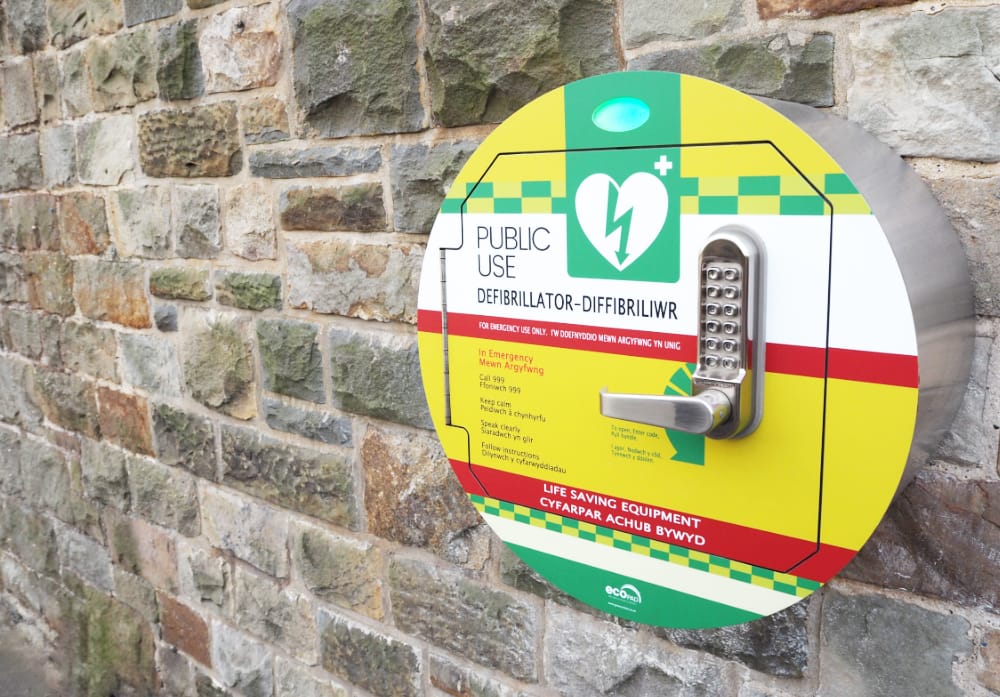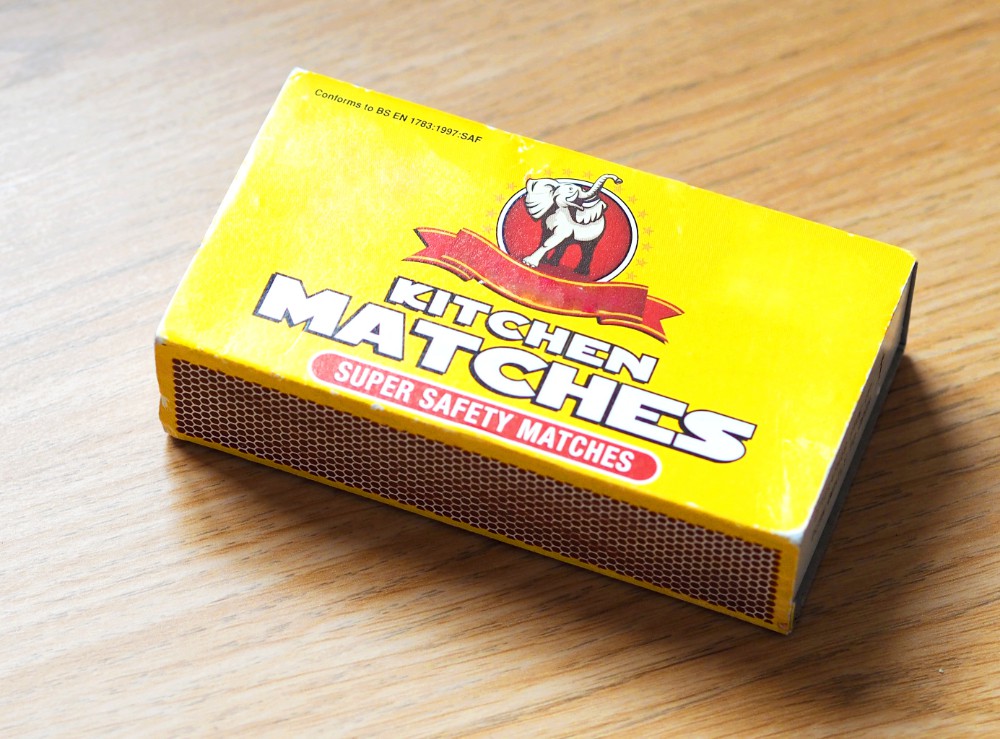Last week we spoke about febrile convulsions and this week we are going to talk about diabetes. Did you know that globally someone dies every 6 seconds from diabetes. Taking this into consideration MediTec Solutions has produced a post explaining what the condition is and how to help a diabetic whose life is in danger.
What is it?
Diabetes is a condition where someone is unable to adequately regulate their blood glucose levels. This is the amount of glucose/sugar that flows around in our body via the blood. The body produces a hormone called insulin, which helps the body store glucose in the cells (burn off sugar). If someone’s body has problems with insulin production, they may develop diabetes.
Type 1 diabetes
This usually develops early in life and is the most common type of diabetes in children. It occurs when the body is unable to produce any insulin. This type of diabetes is treated using insulin injections.
Type 2 diabetes
This is the most common form of diabetes and tends to develop later in life. Type 2 diabetes develops when the body is unable to make enough insulin or when the insulin that is produced does not work effectively. Type 2 diabetes is normally a diet controlled condition.
Treating someone with diabetes.
Low blood sugar level:
A low blood sugar level is defined as anyone with a blood sugar level <4.0mmol/l. Someone with low blood sugar levels is classed as being in a critical condition & may lead to permanent brain damage or can be fatal if not treated.
How can I help prevent this?
The most common type of emergency for a diabetic person is low blood sugar levels. This is because high blood sugar levels normally occur slowly over several days, whereas low levels can arise very fast. An example might include strenuous exercise. This can make the blood sugar level drop very quickly if the person has missed a meal.
If someone you know develops weight loss, has excessive urination, develops thirst and tiredness; you may want to consider if they are diabetic and medical advice should be obtained. If the condition gets worse, for example they begin to get drowsy and start to lose consciousness, phone for an ambulance.
Low blood sugar/hypoglycaemia
Blood glucose levels can drop very fast if someone who is diabetic has skipped a meal, exercised extensively, are ill or have given themselves too much insulin. This requires treatment quickly as they can rapidly start to lose consciousness and fall into a diabetic coma; which can be fatal.
Signs and symptoms
- Behaving confused/acting drunk.
- Drowsiness.
- Odd behaviour.
- Speech difficulty.
- Lack of coordination.
- May be aggressive.
- Pale, cold, shaky and sweaty.
- Shallow, rapid breathing and a fast, strong pulse.
- They could have seizures/fitting.
Treatment
- Sit them down.
- Check their blood glucose level using a blood glucose monitor kit.
- If less than 4mmol/l give them a sugary drink (make sure this is not a diet drink), some jam on toast or glucose based sweets or gel.
- This may take several minutes 5-10 minutes to start working. Monitor their blood sugar level.
- If they begin to feel better, give more drinks and some food, particularly biscuits or bread to sustain their blood sugar. A jam sandwich works very well.
- They should feel better within 15 minutes, if they do not or they begin to get worse phone the emergency services.
- If they lose consciousness, but are breathing put them into the recovery position and phone the emergency services.
- In the instance they stop breathing, prepare to give CPR.
Do not attempt to give an unconscious casualty anything to eat or drink. NEVER give them insulin as this will further lower their blood sugar and could kill them.
Even if someone appears to have recovered, ensure they receive urgent medical advice. This is particularly important at night, as insulin will still be active in the blood stream while they sleep and the blood sugar levels will therefore continue to drop until they become unconscious.
First Aid Training and more information.
MediTec Solutions provides a vast array of training to suit your needs. Our courses are interactive and fun making learning easy. Send us an email at info@meditecsolutions.co.uk for more information about our courses. Alternatively follow us on Facebook, Instagram,Twitter, or LinkedIn for more information.



